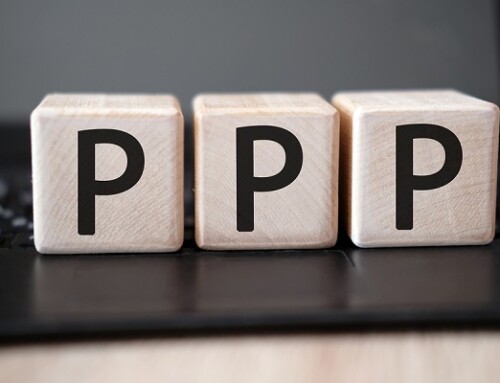When you buy a business, you have much to consider.
To start with, you need to consider the type of entity that owns the business now and the type of entity you will use to operate the business. On top of that, every asset of the business you are going to buy impacts your tax results.
Let me suggest that you purchase the assets of the business rather than an ownership interest, for two reasons:
- You generally avoid exposure to unknown or undisclosed liabilities of the acquired business.
- You step up (increase) the basis of the assets to reflect the purchase price you paid for the business.
The basis step-up allows you to claim bigger depreciation and amortization deductions for buildings, furniture, equipment, and intangibles, and reduces taxable gains when assets such as inventories or receivables are sold or converted into cash.
Tax-Saving Opportunity
With an asset purchase deal, the most important tax-saving opportunity for you as the buyer revolves around how you allocate the total purchase price to specific assets.
To the extent possible, you want to allocate more of the price to:
- assets that would generate higher-taxed ordinary income when converted into cash (such as inventory and receivables),
- assets that can be depreciated relatively quickly (such as furniture and equipment), and
- intangible assets (such as software, customer lists, and goodwill) that can be amortized over 15 years.
You want to allocate less to assets that must be depreciated over long periods (such as buildings), or that cannot be depreciated at all (such as land).
Finesse the Allocations
The tax code sets forth rules for the allocations that seem cut-and-dried, and in a way, they are. Given a set total purchase price and set fair market values for the assets being acquired, the purchase price allocation will always be exactly the same.
But appraising the fair market values of business assets is more of an art than a science. In many cases, you can find several legitimate appraisals for the same assets. And then, of course, the tax results from one appraisal may be much better for you than the results from another.
The good news: Nothing in the tax rules prevents you and the seller from agreeing to use a legitimate appraisal that results in acceptable tax outcomes for both parties. Settling on appraised values simply becomes part of the negotiation process.
That said, the appraisal that is finally agreed to must be reasonable.
If we can help you with these concepts and/or the purchase of this new business, please don’t hesitate to contact us.





